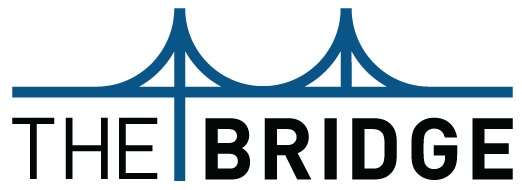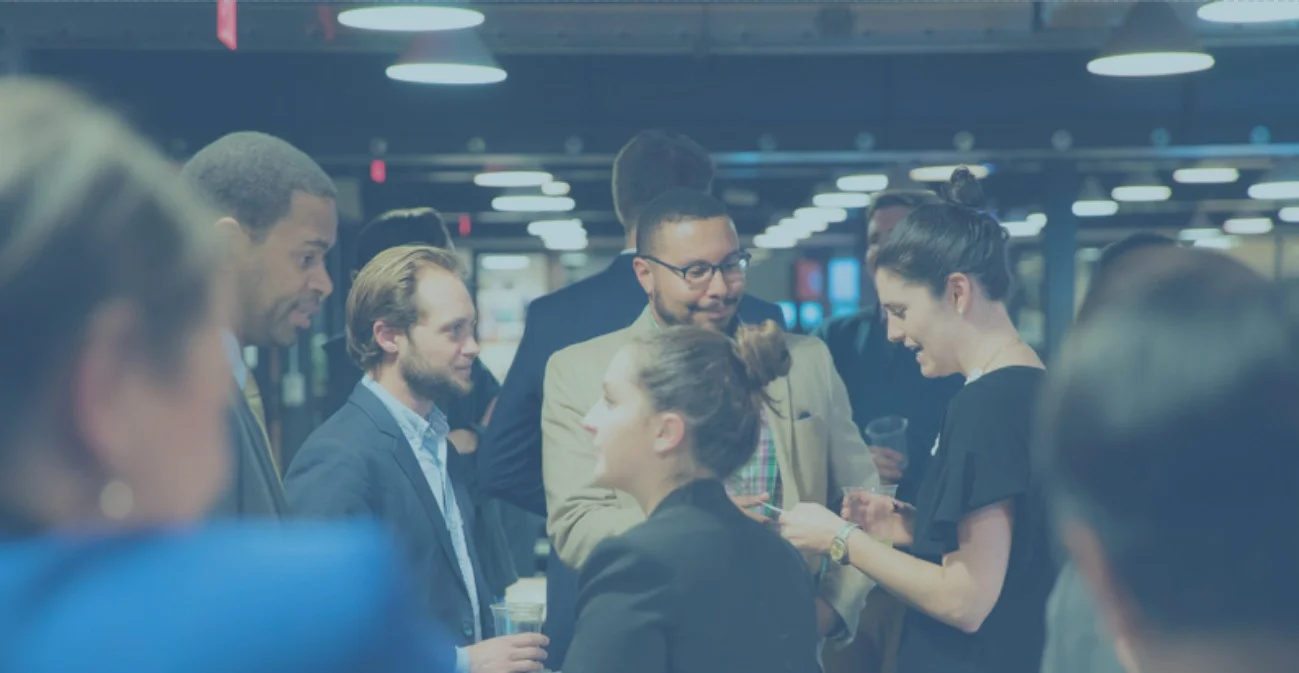TheBridge profile: Steve Bowsher
Name: Steve Bowsher
Current City: Menlo Park, CA
Current Job: CEO of IQT (In-Q-Tel)
Past Job: President of IQT, Managing General Partner of IQT, Partner at InterWest Partners
Q. How are you currently bridging the gap between innovation and regulation? IQT quite literally lives at the intersection between innovation and regulation, between the innovators and regulators. For those that don’t know, the organization was set-up by the CIA in 1999 as an independent, not-for-profit strategic investment firm to better understand and influence the direction of innovation investments when it comes to dual-use technologies. For 25 years, we’ve been investing in and advising startups on the needs of our government partners, how to best access and deploy their technologies in operational environments and bringing along other investors to accelerate technological development.
Q. Job advice in three words? Team, technology, and market. (three most important things to evaluate before investing)
Q. What can innovators learn from policymakers? It’s important to remember that everyone in the conversation is working toward the same goal - the US being a technology leader. When we keep this in mind, then we should give the others in the conversation a bit of grace for not speaking exactly the same language. In short, policymakers want what we all want: American companies and entrepreneurs to emerge as global leaders enabling the U.S. to maintain its technological advantage and ensure national and economic security.
But if you are asking what we hear about in Washington a lot it is supply chain resiliency. We need to make our supply chains more robust and resilient to avoid crises, whether that’s because they’re too brittle and events like the COVID-19 pandemic cause significant harm, or because they’re being controlled by other countries. IQT invests in companies that manufacture in the US, and we know that our nation’s policymakers are eager to have those capabilities manufactured domestically to ensure that resiliency.
Q. What can policymakers learn from innovators? At IQT, we’ve worked on creating an environment where the government works closely with commercial tech. We want our partners to gain new, critically needed capabilities, as well as trends and insights about what’s coming. It’s important for agencies to understand where commercial technology is going so they can anticipate what adversaries may be doing with that or similar technology.
Q. Favorite spot for a coffee meeting? I’m actually not a coffee drinker. But you’ll see me outside at Cafe Boronne in Menlo Park. Now that I’m in DC and Virginia more often, you’ll see me grab a donut from Tatte or Baked & Wired.
Q. Favorite book/podcast/long-form article you recommend? “All I Need to Know I Learned in Kindergarten” by Robert Fulghum. It’s an important reminder that successful people internalize and execute the fundamental life lessons that we’ve heard our whole lives. I’m a big believer in simplicity and keeping it simple.
Q. Everyday is probably different, but are there certain skills you think are essential to your job? My role is putting out fires, making decisions, and helping other people succeed. What’s important to me is creating a vision for the organization, setting goals and metrics against that vision, and communicating how a team should execute against that mission and vision.
Q. Startup to watch? Of course, this is IQT’s specialty, and I would endorse all of our portfolio companies. Like a lot of people, I’m very interested in AI developments. I’m also thinking deeply about what the future of conflict looks like and how commercial innovation plays a role in that.
Q. Which Member of Congress/local lawmaker is most tech savvy? There are many members of Congress who are very engaged in the technology space at large, and in my experience Senators Mark Warner and Marco Rubio along with Representatives Michael Turner and Jim Himes have shown deep understanding and appreciation for the impact that commercial technologies may contribute to national security.
Q. How do you unwind after work? Basketball. There's no better activity for me to get away and de-stress, I try to play twice a week


